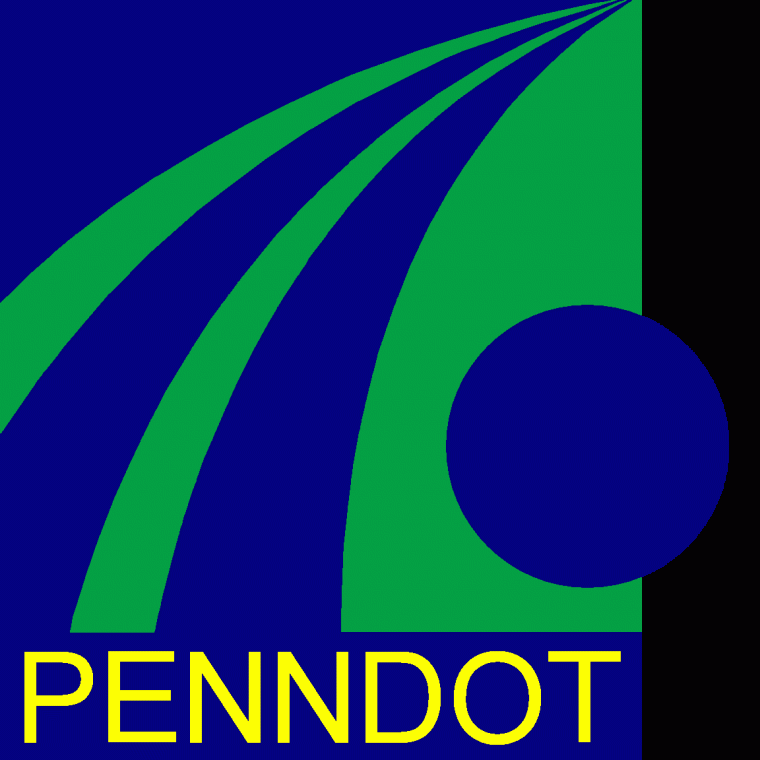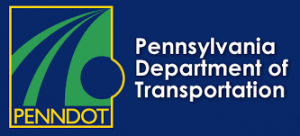
The Rapid Bridge Replacement Project, a public-private partnership (P3) to help address Pennsylvania’s more than 4,000 structurally deficient bridges, put the Pennsylvania Department of Transportation (PennDOT) prominently on the national map of successful collaborative efforts between the public and private sectors. The $899 million 2014 initiative, currently underway, will replace 558 of those bridges throughout the state.
 PennDOT is now seeking to build on that successful program and expand its portfolio of P3 projects. The PennDOT Office of Public-Private Partnerships has announced that it will accept unsolicited proposals from the private sector through April 30 for transportation projects on PennDOT-owned projects and infrastructure throughout the state.
PennDOT is now seeking to build on that successful program and expand its portfolio of P3 projects. The PennDOT Office of Public-Private Partnerships has announced that it will accept unsolicited proposals from the private sector through April 30 for transportation projects on PennDOT-owned projects and infrastructure throughout the state.
Through the end of this month, private-sector firms may submit their proposals for what the department calls “innovative ways” to provide transportation project needs for roads, bridges, rail, aviation and ports. Not only may the proposals provide for new ways to deliver projects, but they can also offer ways to make current transportation services and programs more efficient. Additionally, P3 proposals for non-PennDOT-owned assets will also be accepted.
Pennsylvania enacted its P3 law and established a state P3 office in 2012. Its first P3 projects were approved in January 2013. As a result, the state now can collaborate with private companies or consortiums of private companies to help deliver, maintain and finance transportation-related projects.
If a proposal is submitted that could improve transportation program efficiencies, the state’s Public Private Transportation Partnership Board will review it to determine if it can provide viable ways to improve transportation and transportation efficiency in the state. If deemed feasible and worthwhile, the company submitting the proposal will be asked to submit a full proposal, which could lead to a contract to take over all or part of a program or operation for a set period of time.
Information is available here regarding the unsolicited proposal review process and how to submit a project proposal. PennDOT will host another unsolicited proposal period in October.
State and local governments are always looking for new and innovative ways to deliver projects without breaking the bank. Unsolicited proposals allow private firms with innovative ideas to offer up those ideas to government officials without having to wait for a request for proposal (RFP). Pennsylvania is ahead of the curve in taking advantage of this process and other states seeking similar successes should explore this option.
